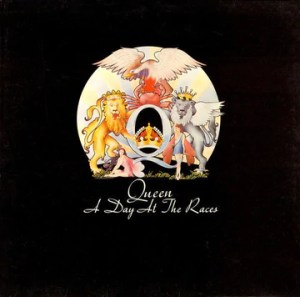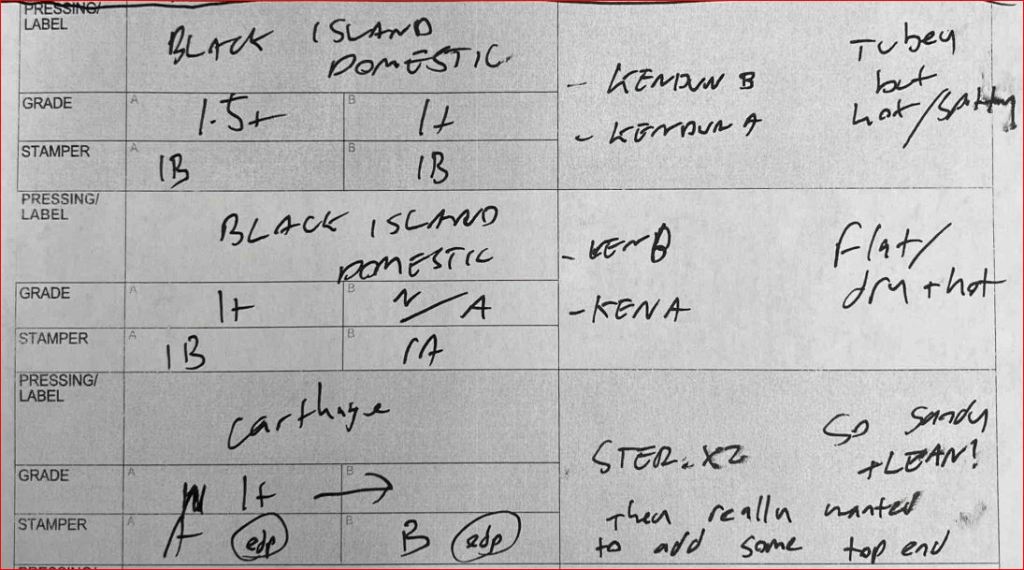 More of the Music of the Cowboy Junkies
More of the Music of the Cowboy Junkies
More Digital Recordings with Audiophile Quality Sound
The RCA domestic pressings cut at Sterling are not worth the vinyl they’re pressed on.
Our notes read:
- Flat and dry vox.
- Shifted up [tonally]
- A bit scooped [or “sucked out” in the midrange, meaning the middle of the midrange is missing to some degree]
Don’t be like those analog types who point fingers at the fact that there was digital in the recording chain when their record doesn’t sound good.
It’s got nothing to do with digital. It has everything to do with Sterling doing a bad job mastering the domestic vinyl.
(And a large group of audiophiles, including some well-known reviewers, had no idea there was a digital step used in the process of making some records they raved about. Apparently it’s easier to hear when you know it’s there.)

We Don’t Defend the Indefensible
When good mastering houses like Kendun and Sterling and Artisan make bad sounding records, we offer no excuses for their shoddy work. The same would be true for the better-known cutting engineers who’ve done work for them, as well as other cutting operations. Individuals working for good companies sometimes do a bad job.
How is this news to anyone outside of the sycophantic thread posters, youtubers, and reviewers who write for the audiophile community?
Records are to be judged on their merits, not on the reputations of the companies or individuals making them.
We discussed the apparent distaste some audiophiles have for criticizing the demonstrably bad records made by formerly talented engineers here.
If someone can explain to me why we should like it when cutting engineers do bad work, please contact me at tom@better-records.com so that you can help me understand it better. I am at a loss.
Want to find your own top quality copy?
Consider taking our moderately helpful advice concerning the pressings that have been winning our Hot Stamper shootouts for years. The better copies sound their best:



